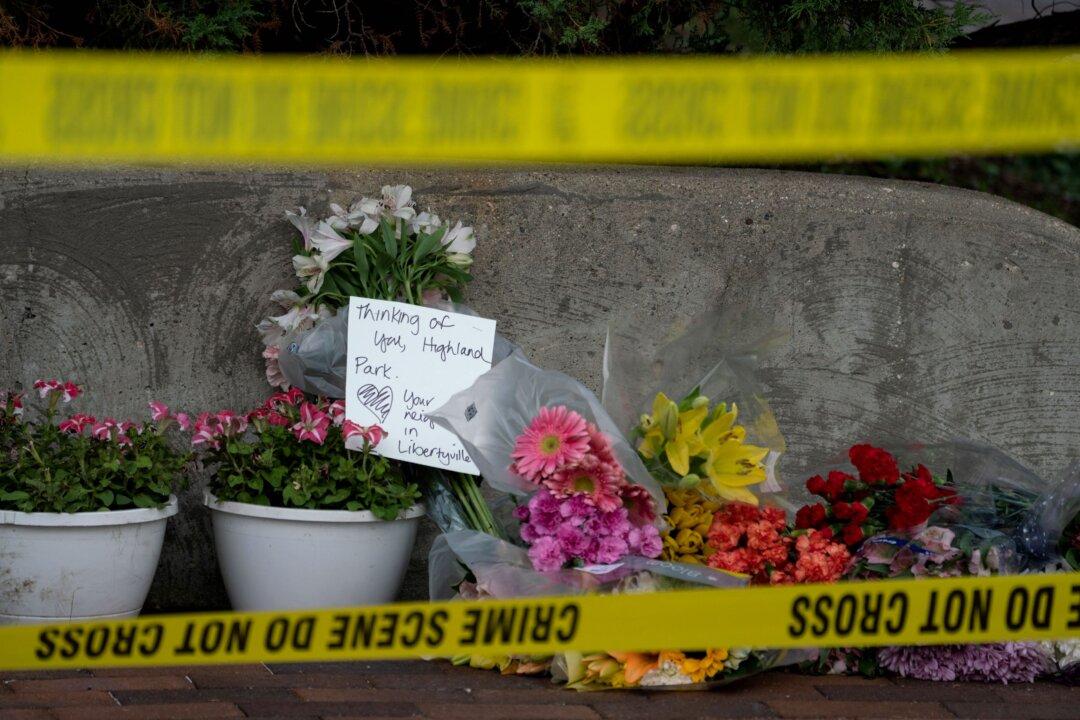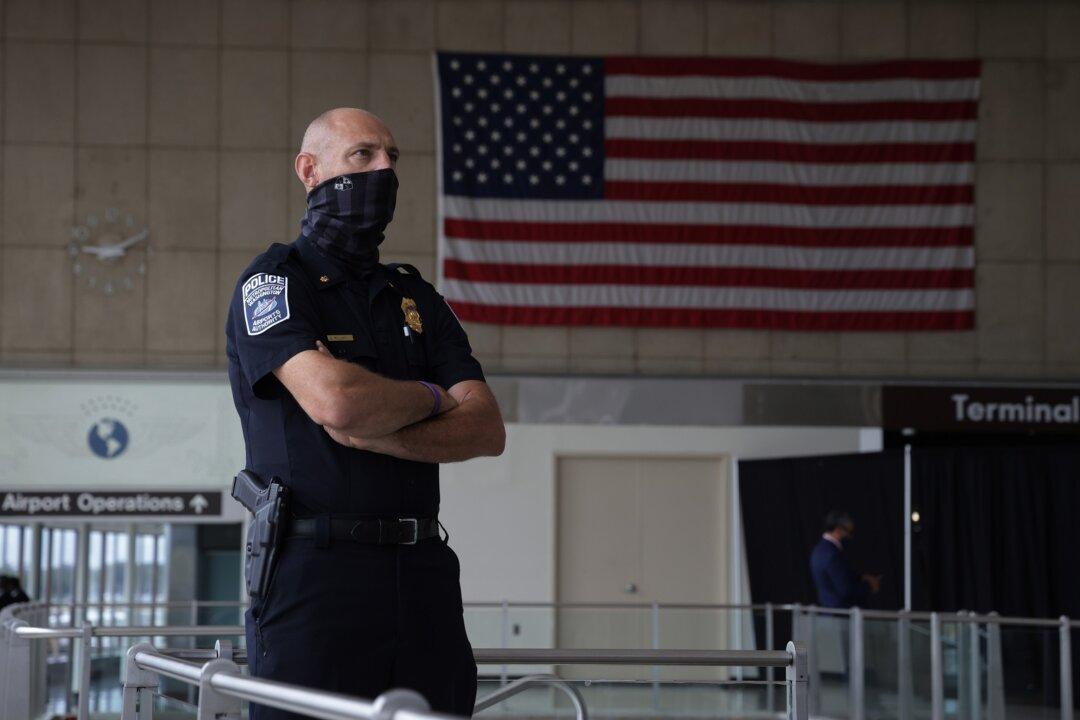The time has come to add tiny, gas-drenched Qatar to America’s list of nations to contain.
Containment is a Cold War-era concept hatched by U.S. foreign service officer George Frost Kennan just after World War II while he served in America’s embassy in Moscow.





